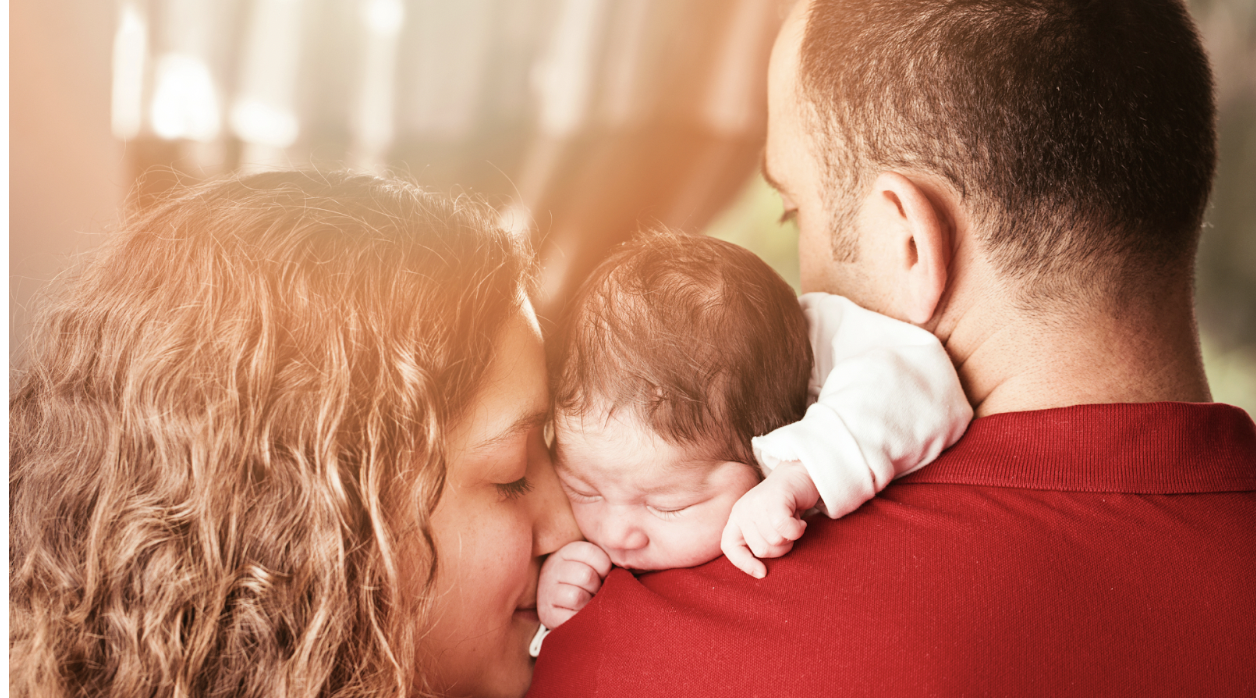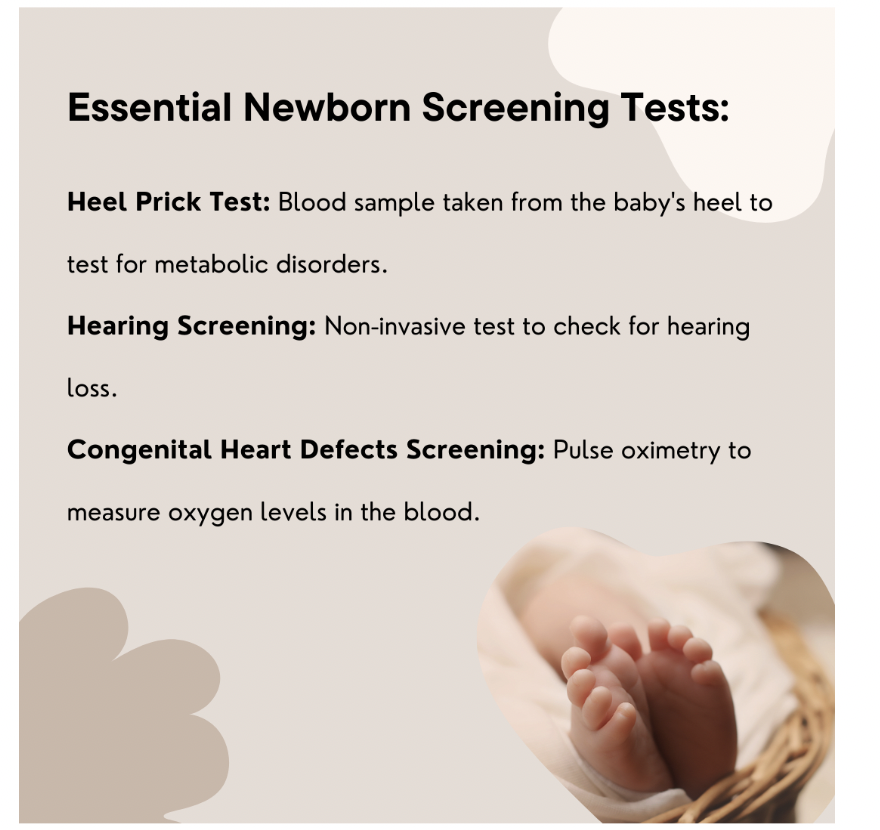General Practitioner: Your Partner in Newborn Care and Parenting

Bringing a new life into the world is a joyous yet challenging experience. As a new parent, you'll face countless questions and concerns about your baby's health and well-being. Your General Practitioner (GP) is an invaluable partner in your parenting journey. Let's explore in depth how your GP can support you and your newborn through this exciting new chapter.
The Crucial Role of GPs in Newborn Care
General Practitioners play a vital role in ensuring the health and development of newborns. They offer comprehensive care that extends beyond treating illnesses, providing support and guidance to new parents as they navigate the early stages of parenthood. The World Health Organization emphasizes the importance of primary healthcare providers like GPs in reducing infant mortality rates and improving overall child health outcomes.
Comprehensive Newborn Care
Initial Health Assessments
Right after birth and during the first few months, your GP will conduct detailed physical examinations and screenings. These assessments are crucial for:
- Monitoring vital signs: includes checking heart rate, respiratory rate, and body temperature to ensure your baby is adapting well to life outside the womb.
- Checking reflexes: GPs assess primitive reflexes like the Moro reflex and rooting reflex, which are indicators of neurological development.
- Assessing overall health status: This involves examining skin color, muscle tone, and general alertness.
These initial assessments help identify any potential health issues early on, allowing for prompt intervention if necessary. Your primary care provider will also track your baby's growth, measuring weight, length, and head circumference to ensure they're developing as expected.
Newborn Screening Tests
GPs often coordinate or perform newborn screening tests, which are crucial for detecting certain genetic, metabolic, and developmental disorders.

Early detection through these screenings can significantly improve outcomes for affected infants.
Supporting Parental Education and Confidence
Your primary care physician is not just a medical professional but also an educator. They guide on:
Feeding practices: Whether you choose breastfeeding or formula, your GP can offer valuable advice. They can help with latching techniques for breastfeeding mothers, discuss proper formula preparation, and address concerns about feeding schedules and nutrition.
Sleep patterns: Understanding your baby's sleep needs is crucial for their development and your sanity. GPs can provide insights into establishing healthy sleep routines and managing sleep regressions.
Hygiene: Proper hygiene practices help keep your newborn healthy and thriving. Your GP can guide you on bathing techniques, diaper changing, and umbilical cord care.
GPs also teach parents to recognize signs of common newborn issues, such as:
- Jaundice: Characterized by yellowing of the skin and eyes, jaundice is common in newborns. Your GP can assess its severity and recommend treatment if necessary.
- Colic: This condition, marked by excessive crying, can be distressing for both the baby and the parents. GPs can offer coping strategies and rule out other potential causes of discomfort.
- Respiratory problems: Newborns can be prone to congestion and other respiratory issues. Your GP can teach you how to recognize signs of respiratory distress and when to seek medical attention.
When you're searching for a general practitioner near me, it's essential to find one who not only addresses your baby's health needs but also supports you as a new parent. They offer the knowledge and tools needed to manage these issues effectively, ensuring both you and your baby are well-supported.
Addressing Common Newborn Health Issues
Minor illnesses are common in newborns. Your GP is equipped to manage:
Colds: While newborns can't catch common colds as easily as older children, they can still develop upper respiratory infections. GPs can advise on symptom management and when to be concerned.
Fevers: A fever in a newborn can be serious. Your GP will provide guidelines on when to seek immediate care and how to manage low-grade fevers at home.
Digestive issues: From reflux to constipation, newborns often experience digestive discomfort. GPs can suggest dietary adjustments, positioning techniques, and when medication might be necessary.
For more serious conditions, they can provide referrals to specialists. This might include pediatric gastroenterologists for persistent digestive issues or pediatric cardiologists for suspected heart problems.
Emotional and Psychological Support for Parents
Caring for a newborn can be overwhelming, and GPs provide essential support by conducting regular mental health check-ins. These conversations allow GPs to assess how parents are coping with the demands of newborn care.
They also screen for postpartum depression using standardized tools to identify signs of depression and anxiety in both mothers and fathers. Additionally, GPs provide resources for mental health support and counseling, including referrals to psychologists, support groups, and recommendations for self-care strategies.
Recognizing that parental mental health directly impacts infant well-being, GPs create a safe space for parents to discuss their concerns and seek help when needed.
Immunization and Preventative Care
Vaccinations are a crucial part of newborn care. Your GP ensures your baby receives necessary vaccinations on time by following the recommended immunization schedule, which typically includes vaccines for diseases like hepatitis B, rotavirus, and pneumococcal disease in the first few months.
They educate parents about the importance of immunizations, explaining how vaccines work, and their benefits, and addressing any misconceptions. Additionally, GPs address concerns about vaccine hesitancy by providing evidence-based information to help parents make informed decisions about vaccinations.
GPs also offer advice on other preventative measures, such as safe sleep practices to reduce the risk of Sudden Infant Death Syndrome (SIDS) and proper car seat usage.
Long-term Health Monitoring and Advice
Your GP's role extends well beyond the newborn phase. They provide:
- Regular health check-ups to monitor growth and development milestones: These visits allow GPs to track your child's physical growth, motor skills development, and cognitive progress.
- Nutritional advice: As your baby grows, your GP can guide you through introducing solid foods and ensuring a balanced diet.
- Guidance on childproofing and safety: They offer practical tips on making your home safe for a curious, mobile infant.
- Recommendations for developmental activities: GPs can suggest age-appropriate activities to stimulate your baby's cognitive and physical development.
These regular check-ups also allow GPs to catch any developmental delays early, ensuring timely intervention if needed.
Coordinating Comprehensive Family Health Care
GPs serve as a central point for family health, offering continuous care from infancy through adulthood. This long-term relationship allows for a deep understanding of your family's health history and needs.
GPs build long-term relationships with families to ensure cohesive health strategies, providing personalized care that takes into account genetic predispositions and family lifestyle factors.
This comprehensive approach improves health outcomes across generations by addressing health issues in the context of the entire family unit.
Frequently Asked Questions (FAQs)
What should I expect during my baby's first visit to the GP?
During the first visit, your GP will perform a thorough physical examination, discuss feeding and sleep patterns, and provide guidance on immediate newborn care needs.
How can a GP help with breastfeeding challenges?
GPs offer practical breastfeeding advice, identify and manage issues like latching difficulties, and may refer you to lactation consultants if needed.
Can my GP help with postpartum depression?
Yes, GPs are trained to recognize and provide initial support for postpartum depression. They can offer treatment options or refer you to mental health specialists if needed.
Conclusion
Your General Practitioner is an indispensable partner in your journey through newborn care and parenting. From comprehensive health assessments to emotional support and long-term health monitoring, GPs provide holistic care that ensures the well-being of both you and your baby.
Remember, your GP is always there to support you. Don't hesitate to reach out with any concerns or questions about your newborn's health or your well-being as a new parent.






